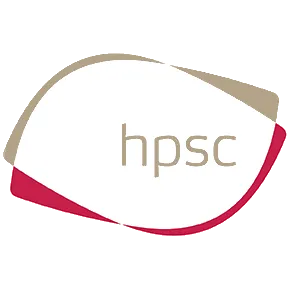Inlet Streams
The quality of water in streams that cross beaches may not be as good as the sea water quality. Freshwater streams can sometimes contain more bacteria than sea water, particularly after heavy rain.
After prolonged periods of heavy rain the quality of both stream water and the sea (where the stream discharges into it) may be contaminated due to surface water run-off from a variety of sources including agricultural land, roads, animals, and septic tanks. Therefore, there may be an increased risk of infection.
Local authorities may put up a sign that the water is unsuitable for bathing if the inlet stream has been tested and found to be contaminated. However, these streams are generally not subject to testing.
Therefore good health advice is:
- Do not drink or swallow water from beach streams
- Avoid splashing stream water into your mouth
- Wash hands carefully with clean tap or bottled water before eating or handling food
Information, Data and Reports for
-
Environment and Health
- Air Quality
- Bathing Water and Health
- Carbon Monoxide
- Climate Change
- Energy and Health
-
Extreme weather events
- Flooding
- Health Effects of Air Pollution
-
Cold weather
- Cold Weather Advice for the General Public
- Air Quality and Safe Room Ventilation During Cold Weather
- Cold Weather Advice for Older People and their Families and Neighbours
- Cold Weather Advice for Parents and Caregivers: Tips to Keep your Children Warm this Winter
- Cold Weather Advice for People with Specific Medical Conditions
- Cold Weather Advice for Health and Care Professionals
- Useful Links and Resources
- Frostbite and Hypothermia
- Air Pollution Health Advice
- Heat related hazards
- Air pollution from wildfires
- Storms
- Noise: Environmental Noise Guidelines
- Radon and health
- Radiation
- Odour: Environment and Public Health
- Review of Environment and Health Needs, HSE Public Health: Health Protection
-
Public Health Medicine Environment and Health Guidance and other Resources
-
Heatwaves - Health Impacts
- Covid-19 & Heatstroke
- Heatwave Advice - Children
- Air pollution from wildfires
- Dehydration
- Heatwave Health Advice
- Heatwave Advice - Older Adults
- Heatwave Advice - Older Persons Services
- Heatwave Advice - Outdoor Workers
- Indoor Temperature Control
- Sun and outdoor safety
- Preventing sunburn in children
- Causes and prevention -Skin cancer (melanoma)
- Investigation of possible waterborne disease
- Water Safety
-
Heatwaves - Health Impacts
- PHMEHG Submissions
- PHMEHG position papers



